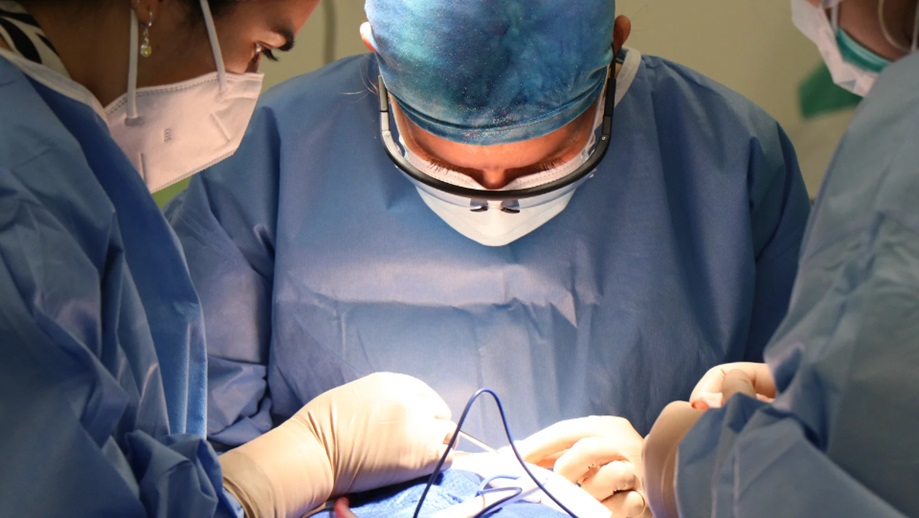Gastric sleeve surgery, also known as vertical sleeve gastrectomy, has shown significant promise in managing and even reversing Type 2 diabetes. When considering gastric sleeve in Cobb County, it’s important to understand the impact this procedure can have on diabetes management. This article will explore the connection between gastric sleeve surgery and Type 2 diabetes.
Understanding Type 2 Diabetes
Type 2 diabetes is a chronic condition that affects the way the body processes blood sugar (glucose). When left unmanaged, it can lead to severe complications such as cardiovascular disease, nerve damage, kidney damage, and eye problems. Managing this condition typically involves lifestyle changes, medication, and sometimes insulin therapy.
Role of Weight Loss in Managing Diabetes
For many patients, significant weight loss can be a game-changer in managing Type 2 diabetes. Excess weight is a major risk factor for developing the condition, and losing weight can improve insulin sensitivity and blood sugar control. This is where bariatric surgeries like the gastric sleeve come into play. Studies have shown that weight-loss surgeries can lead to diabetes remission in a substantial number of patients.
Benefits of Gastric Sleeve Surgery
The gastric sleeve procedure offers multiple benefits beyond weight loss:
- Improved Insulin Sensitivity: Post-surgery, many patients experience improved insulin sensitivity, allowing better glucose uptake by the cells.
- Enhanced Glycemic Control: Weight reduction helps in better control of blood sugar levels, reducing the need for diabetes medications.
- Decreased Hunger Levels: The procedure reduces the size of the stomach, thereby decreasing hunger hormones and food intake.
- Long-term Health Benefits: Besides managing diabetes, the surgery can also improve other obesity-related conditions such as hypertension and sleep apnea.
Success Rates and Recovery
Success rates for gastric sleeve surgery in managing Type 2 diabetes are highly encouraging. Studies have reported that many patients witness a significant reduction in their HbA1c levels and, in some cases, remission of diabetes. Recovery from gastric sleeve surgery typically involves a hospital stay of one to two days, followed by several weeks of gradual dietary adjustments and activity levels.
Conclusion
Gastric sleeve surgery presents a viable and effective option for individuals struggling with Type 2 diabetes and obesity. It is also essential to check eligibility with a qualified bariatric surgeon before considering this life-changing procedure. Eligibility depends on factors such as BMI, chronic health conditions, and other individual considerations. For more information on whether you are eligible for bariatric surgery, you may check out this blog. By facilitating significant weight loss and improving insulin sensitivity, this procedure can lead to remarkable improvements in blood sugar control and overall health. The positive impact on diabetes, coupled with the potential for enhanced quality of life, makes gastric sleeve surgery a commendable consideration for long-term health management.




